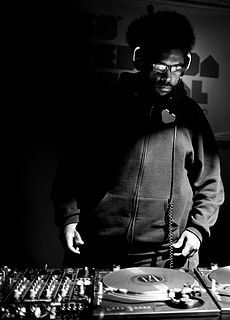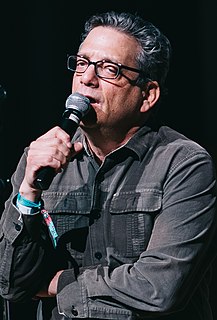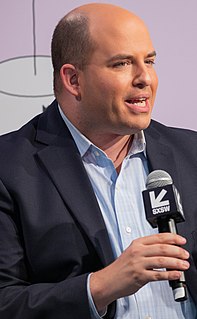A Quote by Chris Hayes
It's no accident that there is a nexus between Trump, Roger Stone and Infowars and Alex Jones. It's very much an Infowars presidency in many ways. The President is a conspiracy theorist. He has reliably touted conspiracy theories. It's a core part of how he processes the world epistemically. That is deeply, deeply dangerous, and disturbing.
Related Quotes
I am deeply worried about Donald Trump on matters of national security. He doesn't know anything himself about it, and he has appointed a national security adviser, Mike Flynn, who is a pro-Russia conspiracy theorist, and he's just put Steve Bannon, a guy with connections to white supremacy and antisemitism, onto the National Security Council.
Because those who hold conspiracy theories typically suffer from a crippled epistemology, in accordance with which it is rational to hold such theories, the best response consists in cognitive infiltration of extremist groups. Various policy dilemmas, such as the question whether it is better for government to rebut conspiracy theories or to ignore them, are explored in this light.
































